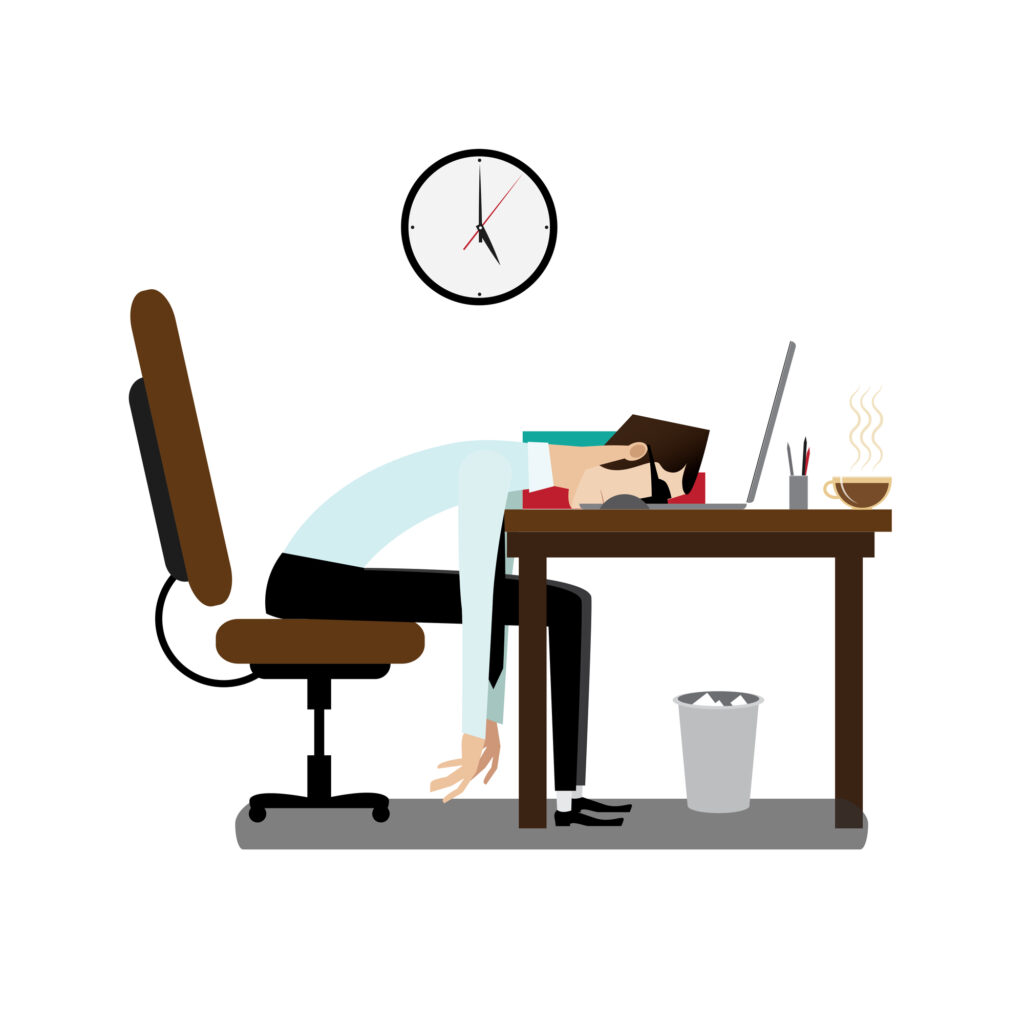 Daylight Savings Time (DST) ends on November 5, 2023, at 2 a.m. It will begin on March 10, 2024. Many people are affected by these time changes. Johns Hopkins Bloomberg School of Public Health says that “the changing of the clock means misalignment of our bodies’ natural rhythms.”
Daylight Savings Time (DST) ends on November 5, 2023, at 2 a.m. It will begin on March 10, 2024. Many people are affected by these time changes. Johns Hopkins Bloomberg School of Public Health says that “the changing of the clock means misalignment of our bodies’ natural rhythms.”
The Sunshine Protection Act, if enacted, would make DST permanent nationwide, which would mean an end to changing the clocks twice a year in those locations that use DST. Unless and until this occurs, employers should recognize that the disruption from switching from DST to regular time and back again can impact employee performance in the workplace.
The disruption may be temporary for most employees, but others may suffer from long-term sleep deprivation. Is there anything employers can or should do?
Sleep deprivation
Sleep deprivation is explained by the National Institutes of Health simply as a condition that occurs when a person doesn’t get enough sleep. Sleep deficiency can result, for example, from not sleeping enough hours, sleeping at the wrong time of day, or having a sleep disorder (e.g., apnea).
Sleep deprivation can interfere with work. An employee suffering from sleep deprivation may be:
- Less productive
- Unable to focus (short attention spans)
- Memory lapses
- Cranky
- More prone to accidents and falls
- Less resistant to colds and other conditions due to a reduce immune function
- Vulnerable to serious health issues, including (but not limited to) high blood pressure, kidney disease, obesity, and stroke
Why should employers care?
Employers want their staff to feel well and be well. Achieving this state can produce optimum productivity, avoid costly accidents, and minimize health costs by avoiding health problems. Some years ago it was estimated that fatigue in the workplace costs employers $134.4 billion annually; who knows what this figure is today.
If employees drive for company business, sleep deprivation can be particularly problematic. The National Highway Traffic Safety Administration (NHTSA) reports that drowsy driving was responsible 684 deaths in 2021, which was a year when fewer people were on the roads. There are probably around 100,000 crashes each year related to drowsy driving. Employee-related accidents can cost employers dearly in higher workers’ compensation costs, higher vehicle insurance costs, and potentially lawsuits in excess of insurance coverage.
What can employers do?
Employers can’t know what employees do in their bedrooms and their sleep routines. But employers can adopt some common sense practices in the workplace:
- Adjust work schedules to accommodate employees’ circadian rhythms—the natural physical, mental, and behavioral cycles win a 24-hour day that can produce early birds and the night owls. Recognize that shift workers are more prone to drowsy driving.
- Limit work to work hours. Don’t bother employees with emails or extra work after hours. Let their minds escape work responsibilities after business hours.
- If practical, provide space for catnaps. Research shows that a 20- to 30-minute nap during the day increases productivity. Obviously, this option isn’t for every business, or for all employees.
- Set business practices to follow if an employee falls asleep on the job. Reprimand? Refer to a health care professional? You decide on the best course of action.
- Provide materials on how to get a good night’s sleep. For example, the National Institutes of Health has a 2-page pamphlet with tips for getting a good night’s sleep.
Final thought
Poet William Blake said: “Think in the morning, Act in the noon. Eat in the evening. Sleep in the night.”
Recognize that employees’ sleep habits can seriously affect your bottom line. Decide what you can or should do about it.
More blogs posts have been published related to the importance of workplace healthiness; you can find them here.


